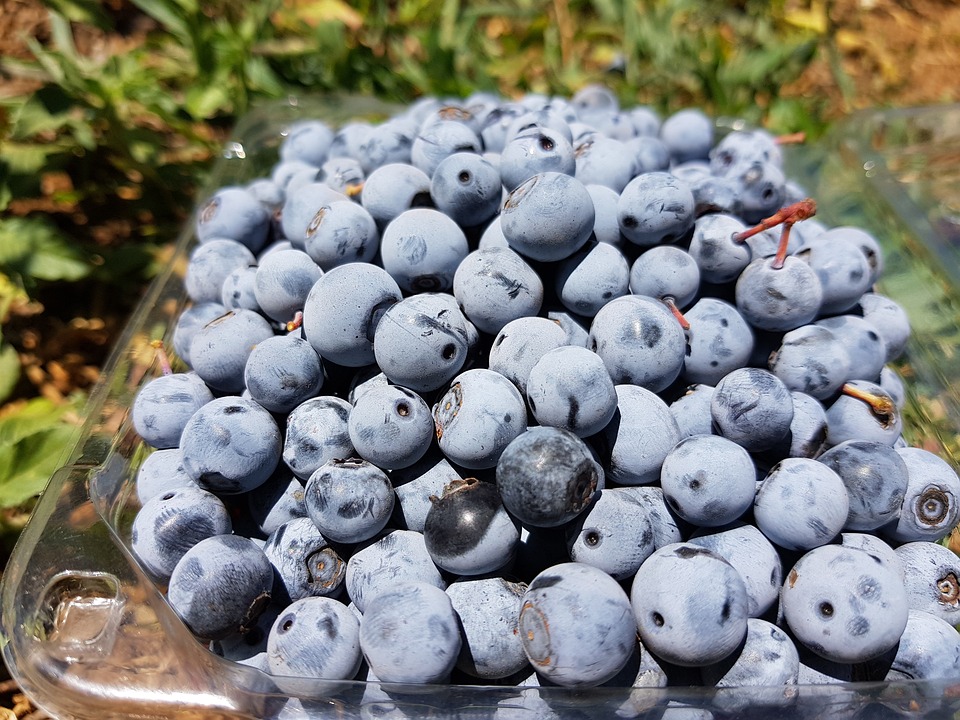
Florida farmers are used to adversity. Between occasional hurricanes, unpredictable market prices and challenging international trade from competitors like Mexico, no season is stress free in the Sunshine State.
“It’s not an easy profession. It seems like more paperwork, more everything all the time; more disease, more pests, more regulations,” said Florida blueberry producer Ryan Atwood. “You throw the (coronavirus) pandemic on top of it.”
COVID-19 was an added challenge no one saw coming which makes producers like Atwood glad this year is nearly over and can focus on the 2021 season.
“It was a difficult year as you know. The coronavirus hit right in the middle of our season. It was a big challenge. Thankfully, we limped our way through it. I’m looking forward to a better year next year, I can tell you that,” said Atwood, who lives in Mount Dora, Florida and is one of the state’s blueberry leaders. “I’m kind of beyond it now. It’s in the past. It’s in the rearview mirror. I’m looking forward to 2021 and looking at what does that bring us. I’m looking forward instead of looking back nowadays.”
COVID-19 Impact
If there ever was a time of not reflecting on the past, it is this season. Atwood’s blueberry crop was early in 2020 due to a mild winter and high temperatures that accelerated growth. However, when Atwood started picking high volumes of blueberries, which was around March 18, is when the pandemic shut down the country.
Blueberry growers in Florida and Georgia adapted to restaurants being closed and new guidelines and regulations for keeping their workforce healthy. But part of Atwood looking forward is understanding the challenge of producing a crop during a global pandemic. He and others will not be caught off guard when harvest season rolls around in 2021.
“When it hit last year, it was totally unknown. Sometimes the fear of the unknown is the greatest fear. You’re not sure if you should stop. You don’t know if you should keep going,” Atwood said. “I think this year it’s better in the sense at least you know what you’re dealing with. You have systems and procedures in place, which we implemented last year, too. We sanitized our restrooms more. We had things we implemented more and more but you created them as you were on the go. This year we have those procedures in place for this coming season.
“I feel more confident on handling it. Probably the more important part for us, the marketplace shouldn’t be as disrupted.”
International Trade
As if a pandemic was not enough, Atwood and other farmers had to contend with imports from Mexico that drove market prices down. Atwood is fan of America having its own domestic food supply.
“I just don’t see where it’s in our best interest to allow these foreign competitors into our market when we have a domestic supply of fruit,” Atwood said in April.
Hopefully, consumers will soon feel the same way.









